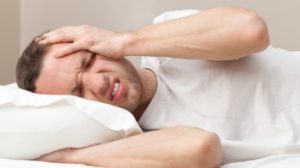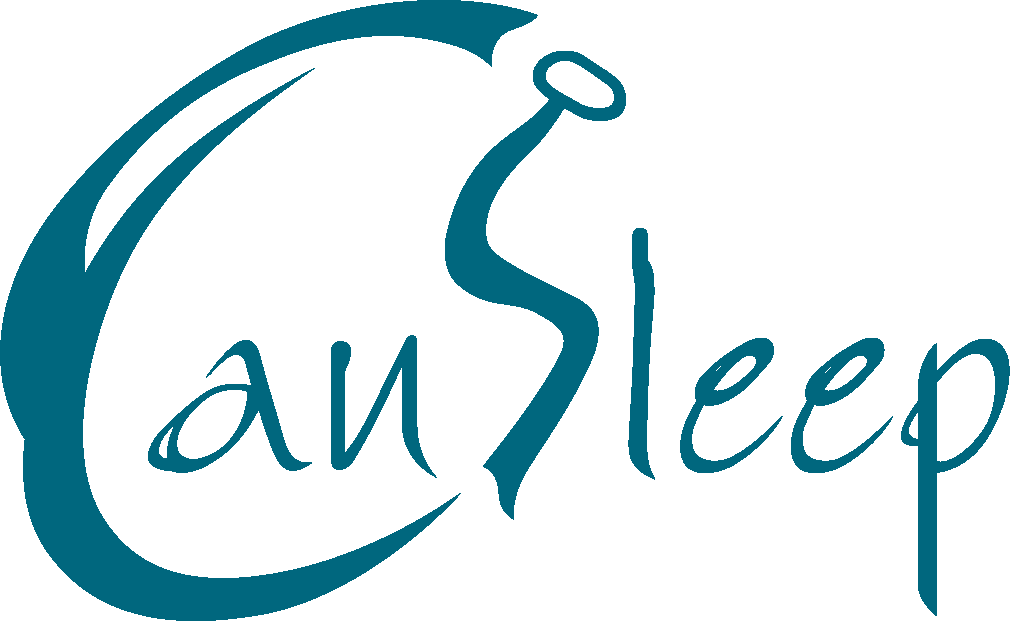Sleep Disorders and Headache
Dec. 1, 2017
Did you know that at least 50% of people who wake up with headaches might have sleep apnea? In general sleep apnea, sleep deprivation, and insomnia are common sleep problems that are associated with headaches.
When you suffer from sleep apnea, your airway is partially or completely blocked during sleep. Because of this closure, the amount of oxygen in your blood being transported to your brain is reduced, which initiates the widening of blood vessels and can cause vascular headaches. These headaches are generally located in the frontal areas but can be diffuse, involving the entire head.
People who suffer from sleep apnea don’t get enough of REM, the deepest stage of sleep, since the brain kicks them out of the REM stage of sleep so they could breathe. Not getting enough of REM could trigger migraines, because of changes in the neurotransmitter or chemical systems in the brain and hormonal influences. Cluster headaches are one-sided severe headache attacks that are usually accompanied by nasal stuffiness and eye tearing, and frequently occur during nighttime, and are linked to the REM sleep cycle.
Beside sleep apnea, insomnia (difficulty falling asleep or staying asleep) is another sleep disorder that leads to headaches. Insomnia leads to irritability and ultimately stress, which is the most common migraine trigger. Teeth grinding (bruxism) which could be from stress caused by sleep apnea could also trigger headaches. On the other hand, chronic migraines, chronic tension-type headaches, and medication overuse headaches may cause sleep disturbance and insomnia.
Sleep deprivation, which could be the result of insomnia and/or sleep apnea also triggers headaches, but sleeping longer hours is not the solution. Either too much sleep or too little sleep can aggravate headaches in any individual. Taking naps doesn’t help morning headaches either. Taking naps causes fluctuations in serotonin and other brain neurotransmitters occur during sleep, which in turn can influence the onset or aggravation of head pain. Frequent naps during the day may reduce sound sleep at night resulting in a morning headache as well. To prevent migraine headaches, you have to solve the underlying problems, which could be sleep apnea or insomnia. Contact CanSleep to discuss your options to treat sleep apnea or book an appointment with Roxanne or Alison who are our insomnia specialists.
An unfortunate connection between sleep apnea and migraines is centred on gradual brain damage. When left untreated, these two medical conditions may lead to hypertension, depression, or stroke. Each time a patient who suffers from obstructive sleep apnea experiences a breathing cessation episode that lasts longer than 10 seconds, the blood oxygen levels in the brain are impacted negatively. The cumulative effect of irregular snorts and sudden gasps may result in brain damage that is difficult to reverse. If you are experiencing more headaches, don’t wait, contact CanSleep to get tested for sleep apnea.
By Bahareh Ezzati (BSc, CPhT, RRT)






